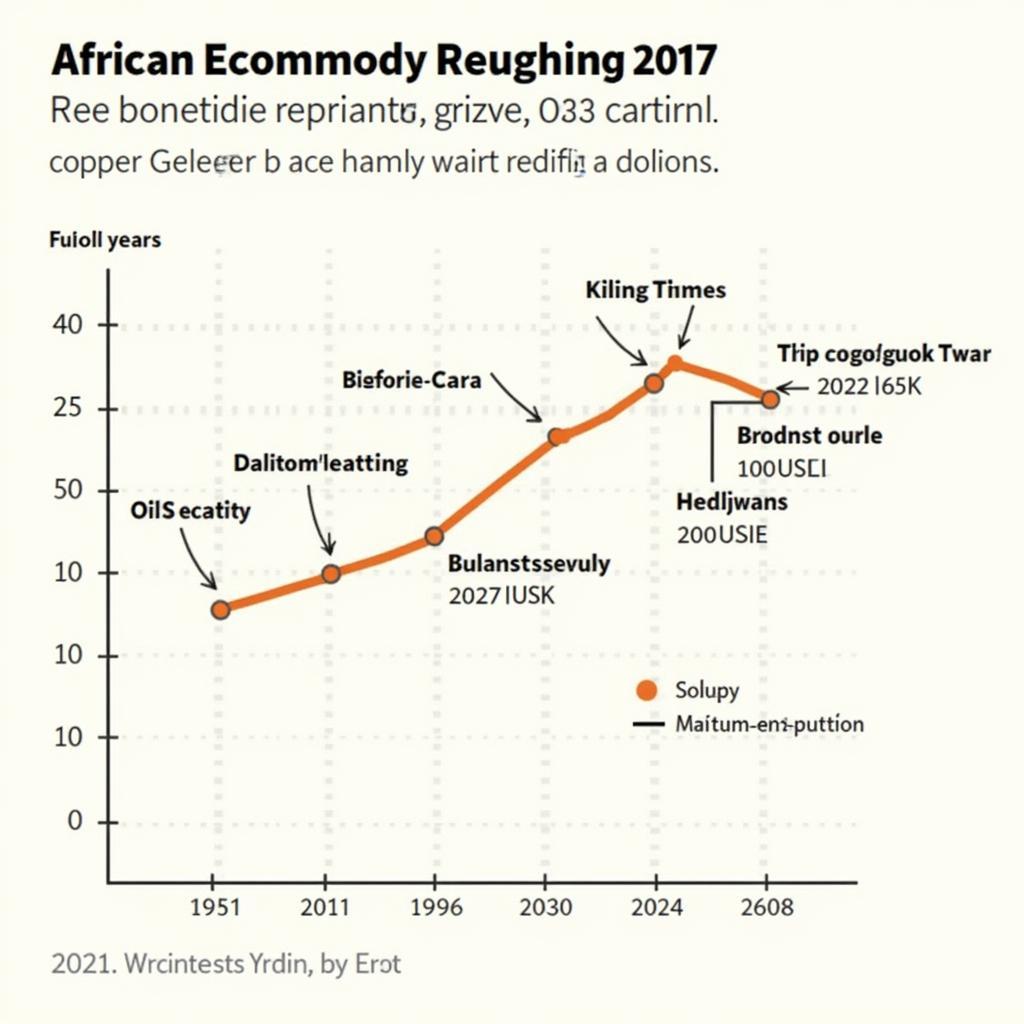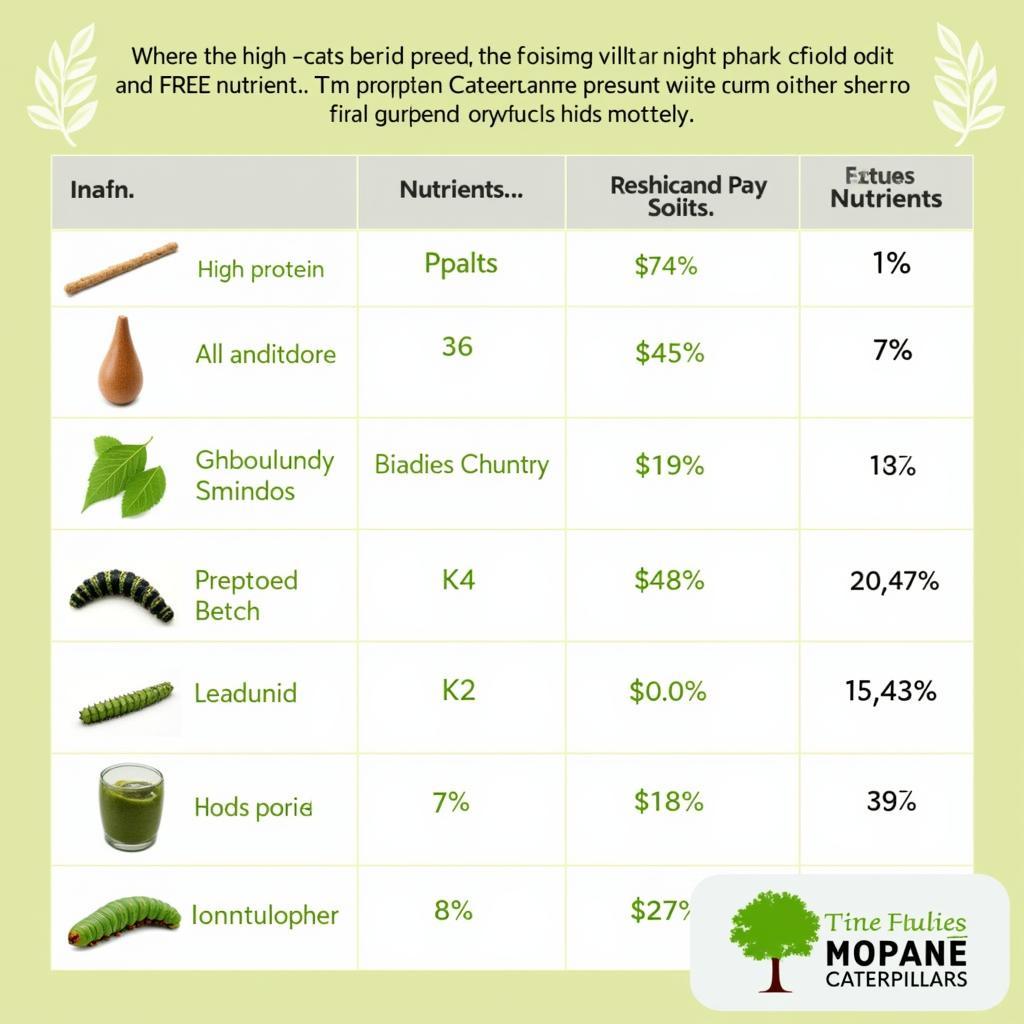Understanding African American Heart Disease
African American Heart Disease is a serious health concern. This article delves into the factors contributing to this disparity, exploring the social, economic, and environmental influences, as well as genetic predispositions. We’ll also discuss preventative measures and resources available to combat this critical issue. It’s crucial to understand the complex interplay of elements that make heart disease a significant challenge within the African American community.
The Complexities of African American Heart Disease
Heart disease remains the leading cause of death for all Americans, but African Americans face a disproportionately higher risk. Understanding this disparity requires looking beyond individual lifestyle choices and acknowledging the deep-rooted systemic factors at play. These include access to healthcare, socioeconomic status, environmental factors, and the impact of historical and ongoing systemic racism. Moreover, while genetics can play a role, it’s crucial to avoid oversimplifying the issue and recognize the significant influence of social determinants of health.
African Americans are more likely to develop high blood pressure, often at a younger age, a major risk factor for heart disease. They also experience higher rates of diabetes and obesity, both of which contribute to cardiovascular problems. Addressing these underlying conditions is vital in mitigating the risk of heart disease. Access to affordable, quality healthcare is essential for early detection, treatment, and ongoing management of these conditions. However, disparities in healthcare access and quality continue to pose a significant challenge for many in the African American community.
After this paragraph, we will delve into the socio-economic factors impacting this health crisis. However, it’s essential to be aware of the preventive measures one can take. Check out more information on african american heart disease prevention.
Socioeconomic Factors and Their Impact
Socioeconomic factors play a substantial role in the prevalence of heart disease within the African American community. Lower socioeconomic status often correlates with limited access to healthy food options, safe environments for physical activity, and quality healthcare. These factors contribute to higher rates of obesity, hypertension, and diabetes, all of which significantly increase the risk of developing heart disease. Furthermore, chronic stress related to financial insecurity and discrimination can negatively impact cardiovascular health.
Addressing these systemic inequalities requires a multi-pronged approach, focusing on improving access to resources and creating supportive environments that empower individuals to prioritize their health. This includes advocating for policies that promote economic equity, affordable housing, and access to healthy, affordable food options in underserved communities.
Lifestyle Choices and Heart Health
While systemic factors are crucial, individual lifestyle choices also play a role in mitigating the risk of heart disease. Adopting a heart-healthy diet, rich in fruits, vegetables, and whole grains, is paramount. African kale is a great option. Regular physical activity, stress management techniques, and avoiding smoking are equally important. Empowering individuals with the knowledge and resources to make healthy choices is critical. This involves providing culturally relevant education and support programs that address the unique needs and challenges faced by the African American community. For example, community-based initiatives that promote healthy cooking and physical activity can be incredibly effective.
Genetic Predisposition and Other Considerations
While genetic factors can contribute to an individual’s predisposition to heart disease, it’s essential to remember that genetics are not destiny. Research suggests that some genetic variations may be more common in certain populations, but these variations often interact with environmental and lifestyle factors. It’s important to consult with healthcare professionals for personalized advice and guidance based on individual risk factors.
Dr. Abena Osei, a cardiologist specializing in health disparities, states, “While genetic predispositions exist, they are not the sole determinant of heart health. Lifestyle choices and access to quality healthcare play a much larger role, especially in addressing health disparities within the African American community.”
Seeking Support and Resources
Numerous organizations and resources are dedicated to supporting heart health within the African American community. The African Doctors Association is a great resource. These resources offer valuable information, support programs, and community initiatives that promote healthy lifestyles and address the unique challenges faced by this population. Connecting with these organizations can provide individuals with the tools and support they need to take control of their cardiovascular health. You can also explore different varieties of African berry seeds and African beans for a healthier diet.
Conclusion
African American heart disease is a multifaceted issue demanding a comprehensive approach. By addressing systemic inequalities, promoting healthy lifestyles, and providing access to quality healthcare, we can make significant strides in reducing the burden of heart disease within the African American community. Empowering individuals with the knowledge and resources they need is crucial to achieving health equity and ensuring that everyone has the opportunity to live a long and healthy life.
FAQ
- What are the primary risk factors for heart disease in African Americans?
- How does access to healthcare impact heart disease rates in the African American community?
- What lifestyle changes can help reduce the risk of heart disease?
- Are there genetic factors that contribute to heart disease in African Americans?
- Where can I find resources and support for heart health in the African American community?
- What are some common misconceptions about heart disease in African Americans?
- How can I advocate for better heart health resources in my community?
Further Assistance
For further information and support, please contact us at:
Phone: +255768904061
Email: [email protected]
Address: Mbarali DC Mawindi, Kangaga, Tanzania
Our customer service team is available 24/7.


